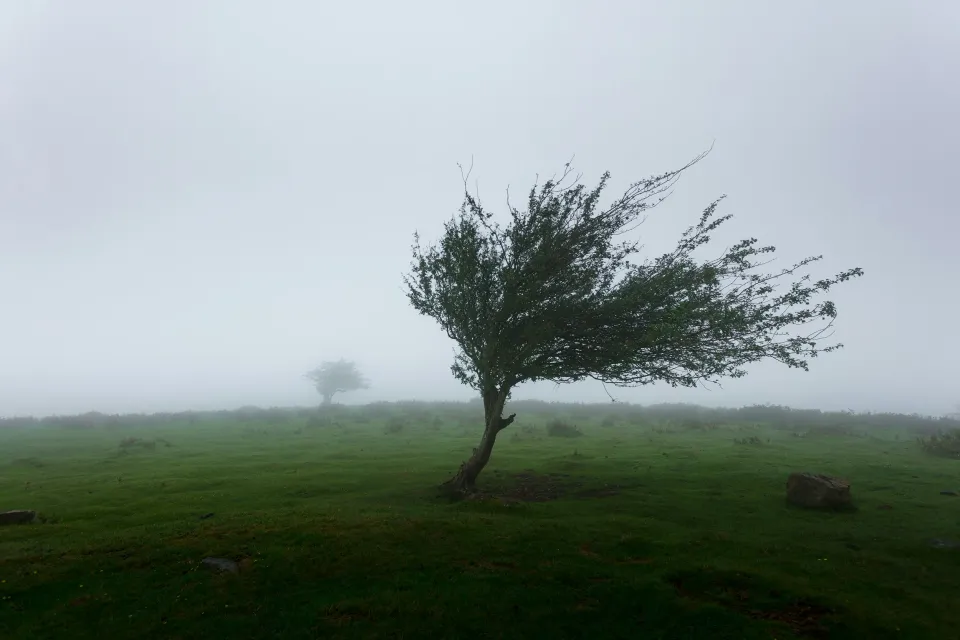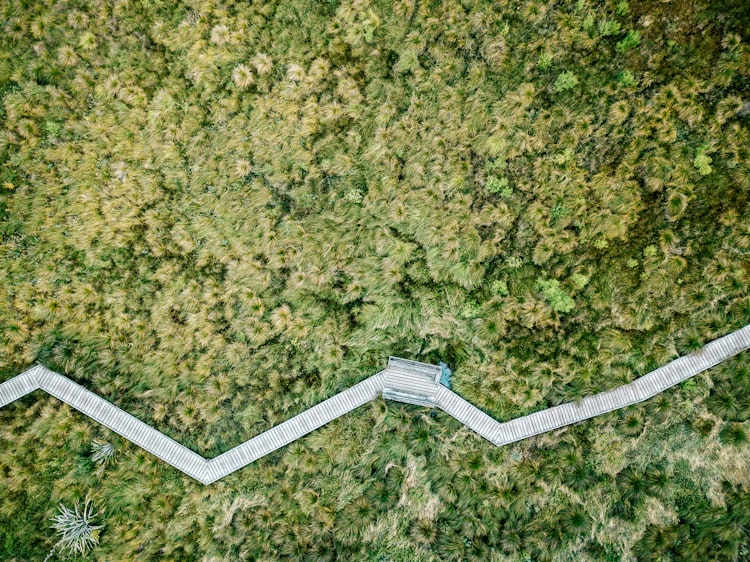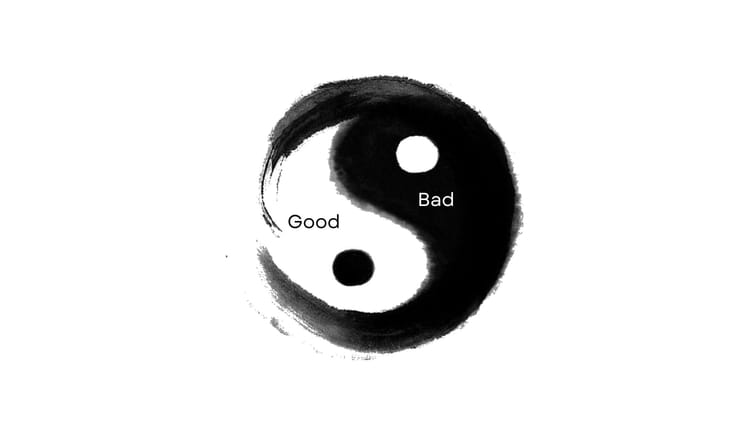Flexibility and Yielding Are Essential Aspects of Life — Stiffness and Resistance Lead to Decay and Death

“Whatever is flexible and flowing will tend to grow. Whatever is rigid and blocked will atrophy and die.”
(John Heider, “The Tao of Leadership”)
The virtue of yielding flexibility is a core insight and virtue found in the wisdom of Tao Te Ching.
Metaphorically, it is often represented as the bamboo tree that is flexible enough to bend almost horizontally and avoid breaking in gale-force winds. Similarly, if we allow ourselves to flow with life, our growth is one of ease — of yielding flexibility.
Like water cascading around the rocks and tree branches in a stream, when we flow with life we move with ease around the obstacles in our path.
When we yield to what at first appears to be blocking our way, we continue to move forward and make progress. Anything that appears to be in our way is simply part of our path — as if we’re on a straight, desert road stretching out miles ahead into the horizon. Like a concrete dam or a brick wall — artificial, unnatural, and unyielding — all systems of thought that are inflexible, rigid, dogmatist, and fundamentally ideological eventually decay, crack, and rupture.
Enforcing dogmatic ideology is like trying to block the sun from reaching earth.
Eventually, people will see the glimmer of light through the darkness. They will pry open the walls of their captivity, revolting against a system that is life-taking, instead of life-giving.
Or another system will replace the old dogma, one that is adaptive and flexible — humane, forgiving, and understanding.
Paradoxically, disruption benefits those who are yielding and flexible.
Looking from the outside in, disruption may appear to plough through old foundations — disturbing traditional, normative, and fixed ways of thinking, working, and methods of social organization.
At the surface of control, empires, dictatorial governments, and rigid fundamentalist religions eventually collapse when the people realize they can no longer appreciate life or living while boxed into an inhumane, oppressive, unnatural ideology.
The potential for human development and transformation — from our thoughts to creating a more equitable and humane world — works in the same manner.
Our brains are constantly seeking prediction and response in our environment to manage existential stress, and to feel accepted and connected with others — to feel safe. When we practice the virtue of yielding flexibility, we can better manage the onslaught of changes in this uncomfortably fast-paced world. We can better adapt to the challenges ahead of us and evolve when we allow for what we cannot control, and instead focusing on the steps we can take around the obstacles to act on what we know.
In this way, disruption is the enemy of unyielding ideological thinking and inflexible hegemonic systems of control.
The force of disruption can be severe, like a tidal wave that flattens an entire city in one fell swoop.
Disruption can also be subtle, like the flow of water that slowly erodes the sharp edges of rocks over time, or seeps through the smallest cracks and crevices until it finds its way through.
With so many artificial walls restricting and blocking the flow of nature, as well as our human rights and freedoms, a wave of tidal disruption may well be the only path to restore natural human dignity, respect, and understanding. Yielding flexibility allows those of us who seek transformation for the greater good to navigate ideological roadblocks and methods of control.
Disruption is an effective tool to dislodge those from power who seek to enforce laws and rules that limit free expression, movement, thinking, and identity.
Ideology will always lose the battle against the natural order of things.
Originally published at Queering The Way: Navigating virtue ethics and human-hearted leadership through the margins of the Tao Te Ching.





Member discussion